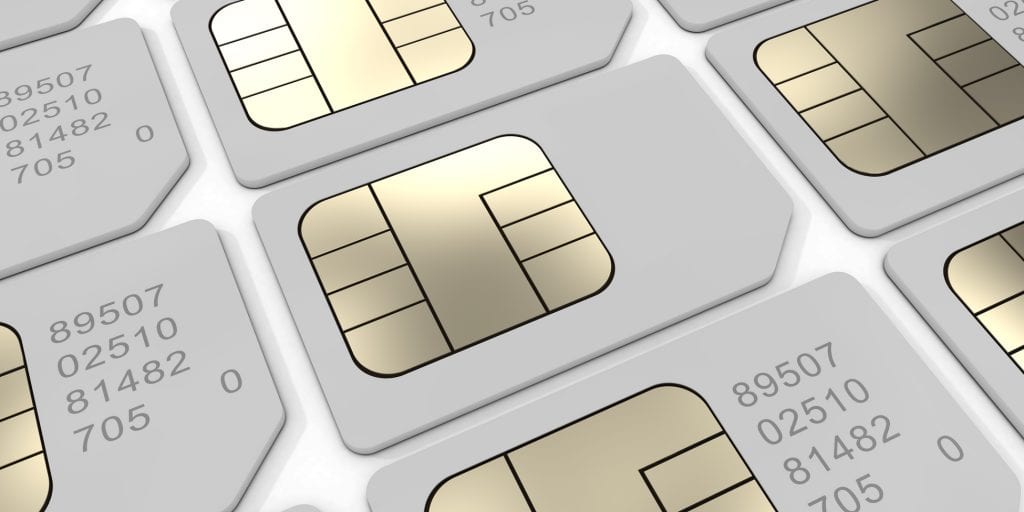MasterCard has begun presenting its case to the European Union’s highest court in a last-ditch effort to prevent regulators from banning interchange fees on cross-border credit card payments. EU regulators have moved to reduce or prevent interchange fees entirely for a number of years and have proceeded to investigate both Visa and MasterCard a number of times.
In 2009, MasterCard agreed to reduce interchange fees significantly, but regulators have since pushed for more reductions. Outlining the international card network’s case, Thomas Sharpe, a lawyer for MasterCard, told the European Court of Justice, “The effect of the commission’s decision is to require MasterCard issuers to continue to provide valuable services to merchants such as guaranteeing payment to them without being able to recover any revenues from those merchants for those services.”
Highlighting what is at stake, Carl Munson, MasterCard’s associate general counsel, said in an interview after the hearing that a favorable ruling for MasterCard would allow them more freedom to set rates. “If we win this case, we would be free to set any fees we want,” said Munson.
However, a favorable ruling for MasterCard is no sure thing, but whatever the ruling, the court will set a precedent that will be difficult to overturn in the future. Furthermore, the ramifications of the ruling will be felt far beyond Europe where other countries are debating their domestic interchange structure and whether to reduce fees or remove interchange from the equation entirely. The non-binding opinion of the advocate general (the chief justice), which the court will likely follow is expected later this year and no later than Nov. 27th.
Click here to read more from Bloomberg.
